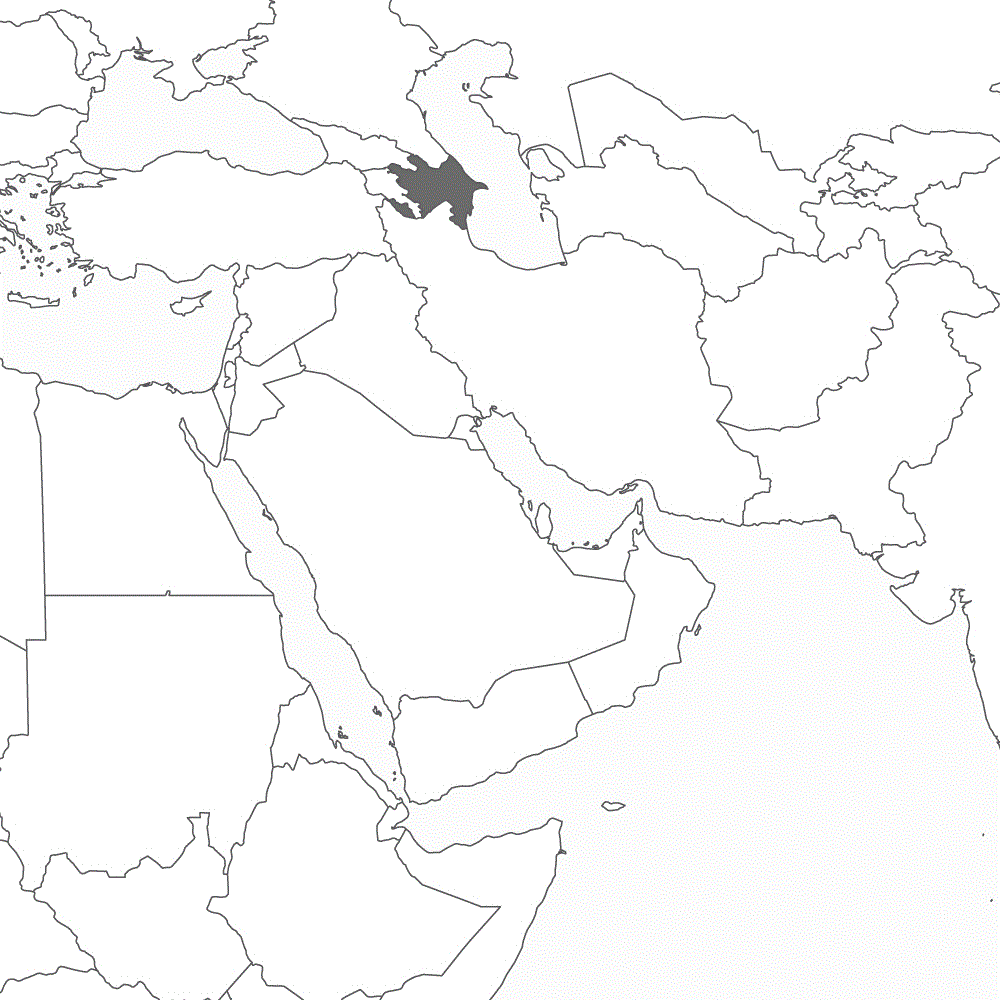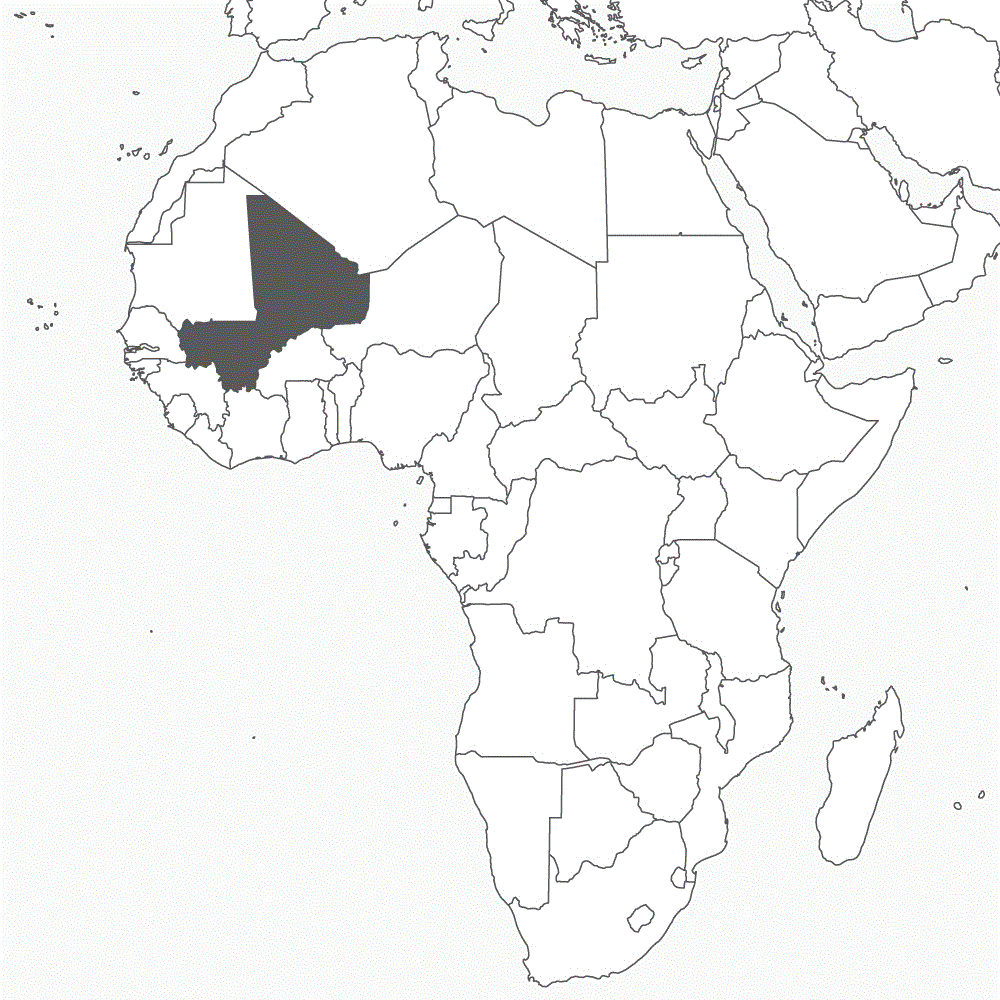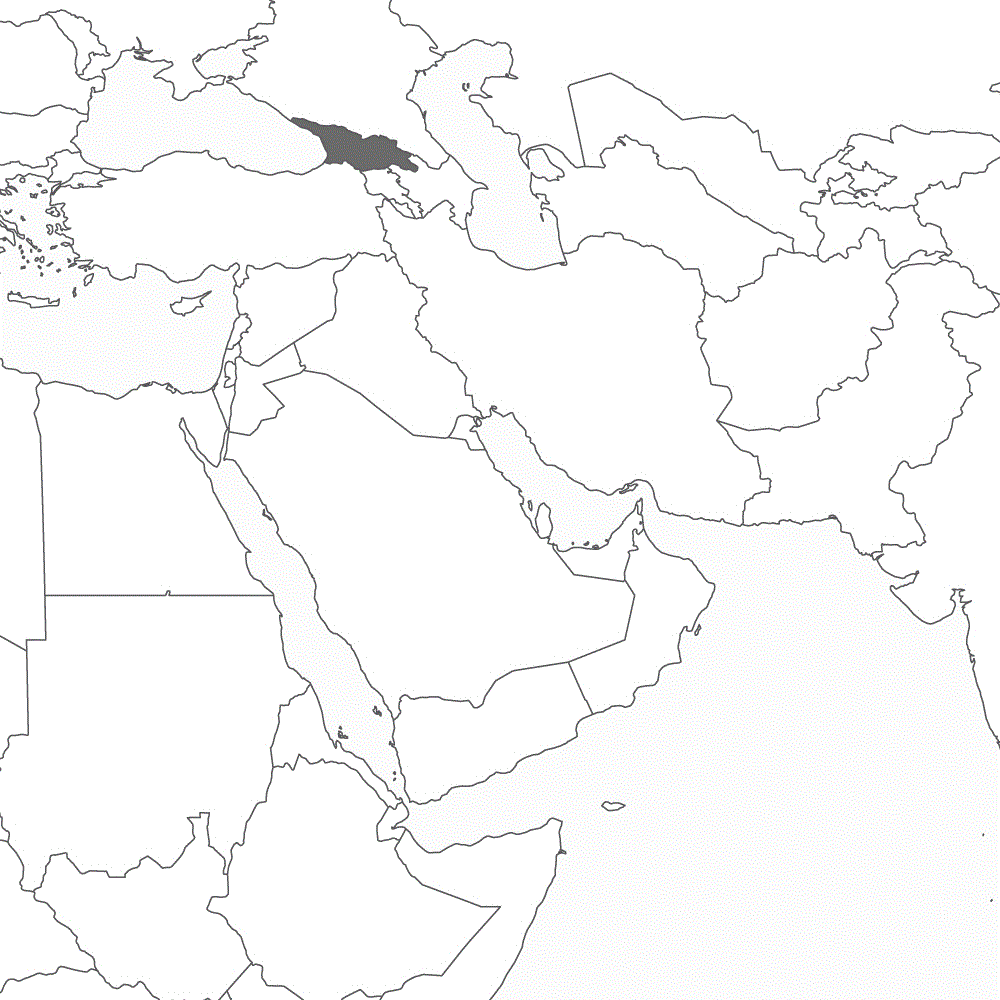BERLIN/DAKAR/ACCRA/ABUJA (Own report) - A central theme of Chancellor Angela Merkel's tour of African countries, which began yesterday, will be the expansion of the EU's defense against refugees. As government circles confirmed, following Merkel's talks yesterday in Senegal, she will also negotiate today in Ghana and tomorrow in Nigeria, steps for stopping people fleeing poverty, hopelessness and war and facilitate the deportation of refugees from Germany. In opinion polls, nearly half of the Senegalese, and around three-fourths of the Ghanaian and Nigerian respondents, signaled their wish to leave their country, because of dire poverty and a dramatically high youth unemployment rate. European companies are systematically destroying African jobs, for example, by overfishing the Senegalese coastline, thereby heavily damaging Senegal's fishery sector or by the EU's poultry dumping in Ghana, ruining the domestic poultry industry. Merkel does not intend to address these EU practices causing people to flee their countries. Read more
DAMASCUS/BERLIN (Own report) - In view of Syria's reconstruction, German business circles are preparing to establish a German business office in Damascus. According to a participant, German small and medium-sized enterprises are interested in orders from this war-ravaged country. Syria, however, prioritizes enterprises from countries, which had supported President Bashar al Assad during the war, or, at least, were not engaged in efforts to overthrow him. In recent years, Berlin has pursued a sort of reconstruction in Syria - however, only in insurgent-controlled areas. Today this aid is benefiting jihadis, including the Syrian al-Qaeda offshoot. In the framework of Syria's reconstruction, Berlin is hoping for the speedy return of Syrian refugees. It is also expecting that the 221 students, who had benefited from the state-financed DAAD scholarship program in Germany for the past few years, will return to Syria and aid in securing German influence as "bridge builders" between the two countries. Read more
BAKU/BERLIN (Own report) - With her visit to the oil-producing country Azerbaijan, German Chancellor Angela Merkel will end her current three-country tour in the South Caucasus on Saturday. Her visit had already attracted public attention in advance: A CDU politician, member of the parliamentary delegation accompanying Merkel, has been refused entry by Azerbaijan’s authoritarian government. Berlin has not protested this unusual affront - obviously, because it is hoping to win Baku’s support for important German energy supply projects and because it would like to slow down the county’s rapprochement to Russia. According to the German Ministry of Economics, Germany is considering arms exports to Baku, despite an OSCE arms embargo. Rheinmetall has already entered the relevant negotiations. Since Foreign Minister Heiko Maas' (SPD) arrival in office, Berlin has been strongly pursuing a self-proclaimed "New Ostpolitik," also by amplifying its cooperation offers, particularly with countries in the South Caucasus. Read more
DAMASCUS/MOSCOW/BERLIN (Own report) - Germany should participate in an exclusive group of four countries to "stabilize" Syria, as Russian government circles confirmed, following last weekend's meeting of German Chancellor Angela Merkel and Russian President Vladimir Putin. By reconciling their interests, Russia, Germany, France, and Turkey want to create a basis for Syria’s reconstruction. For the first time since 1945, the United States is not a participant in a strategically important rebuilding phase in the Middle East. Washington should use its 2,000 soldiers - stationed, devoid of any internationally legal basis, in the Kurdish controlled regions of northeast Syria - as leverage, according to Britain's former foreign minister. Furthermore, China is expected to play a key role in rebuilding the country. Berlin is threatening to withhold funds for reconstruction, if its political interests are not being taken in to account. Read more
BAMAKO/BERLIN (Own report) - Serious accusations raised by the United Nations against the Malian army are also implicating the Bundeswehr and German policy. According to a recent UN report, Mali’s armed forces have been massacring civilians since some time - within the framework of its counter-terrorist operations in central Mali. Since over five years, EU troops, particularly from the Bundeswehr, have been training Malian soldiers. The Bundeswehr claims that "content and guidelines of humanitarian international law" are an "important component of its training concept." The development in central Mali exemplifies how state discrimination and social conflicts foster jihadism - and how anti-jihadi military action, favored by Berlin and the EU - in Mali only leads to a steady deterioration of the situation and an increase in brutality. According to observers, the situation in Mali has become significantly worse since the German-European intervention began five years ago. Read more
TBILISI/BERLIN (Own report) - A large-scale military exercise - with German Bundeswehr participation - aimed at Georgia’s integration into NATO operations, will end on Wednesday. This is the "Noble Partner" exercise's fourth itineration since 2015, extending the already bloated war exercises, held by US and NATO troops in Eastern and Southeastern Europe since the escalation of the Ukraine conflict, to the southern Caucasus. Systematic efforts to adapt Georgian armed forces to the western military alliance's standards are thereby being renewed. Impetus for this adaptation was provided following the "Rose Revolution" coup in 2003, the Tbilisi-instigated Russian Georgian war in August 2008, and finally since the intensification of the West's power struggle with Russia in 2014. Whereas Georgia seeks to join NATO, high-ranking Bundeswehr experts are calling for restraint. This step would be a "red line for Russia," a professor at the Bundeswehr University warns; "Nobody in NATO wants to die for Tiflis." Read more
GERMAN-FOREIGN-POLICY.com
Information on German Foreign Policy: News + Interviews + Analyses + Background



